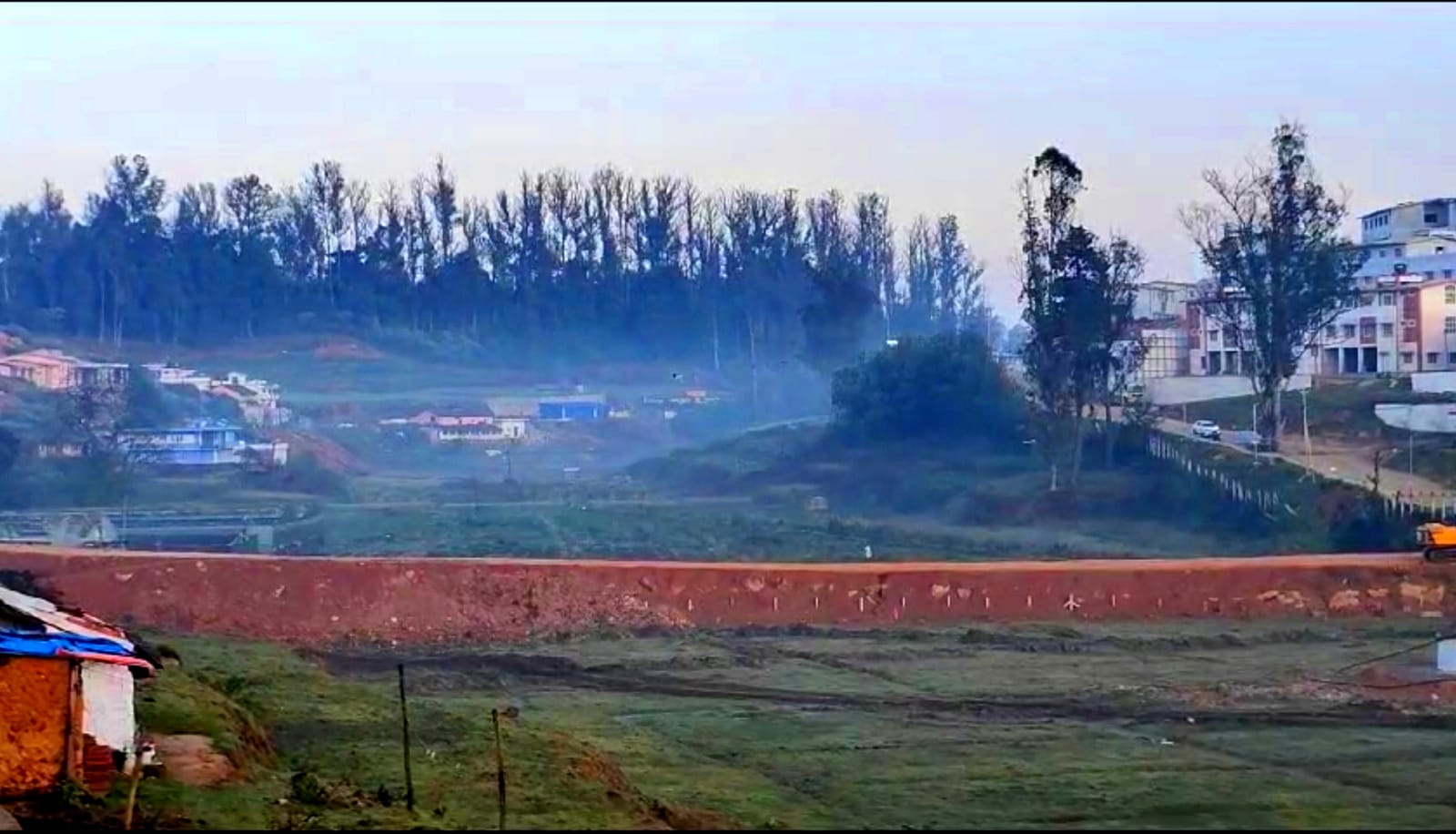New York City is undoubtedly one of the most exciting and vibrant cities in the world. But with its high cost of living, finding affordable accommodation can be a daunting task for budget-conscious travelers. Luckily, cheap hotels in New York offer an excellent option for those looking to save money while still enjoying all that this city has to offer. In this blog post, we’ll explore why opting for a cheap hotel might just be the best decision you make on your next trip to New York. We’ll also dive into what makes a good cheap hotel, how to find them, and what their philosophy is when it comes to balancing affordability and quality service. Join us as we uncover the secrets behind CHEAP HOTELS IN NEW YORK!
Why Cheap Hotels are the Best for Travelers
Traveling to New York City can be an exciting and enriching experience, but it can also be quite expensive. Between the cost of flights, food, entertainment, and transportation costs, accommodation is one area where travelers can save a significant amount of money.
When it comes to finding affordable accommodation in New York City, cheap hotels are the best option for budget-conscious travelers. Not only do they offer low rates that won’t break the bank but they also provide essential amenities like Wi-Fi access and complimentary breakfasts.
Cheap hotels often have a central location allowing guests to explore different sights with ease. Besides being conveniently located near popular tourist destinations such as Times Square or Central Park, these hotels are usually close to public transportation hubs which makes getting around even more accessible.
Choosing a cheap hotel over other types of accommodations means you’ll have more money left over for activities such as exploring museums or trying out new restaurants. So if you’re looking for an affordable way to experience New York’s vibrant culture without sacrificing quality service or comfort – then consider booking yourself into one of its many CHEAP HOTELS IN NEW YORK!
What Makes a Cheap Hotel a Good Choice?
When it comes to choosing a hotel, many travelers often believe that the more expensive the hotel is, the better quality they can expect. However, this isn’t always true. Cheap hotels in New York can be as good as their pricier counterparts if you know what to look for.
One of the key things that make cheap hotels a good choice is their affordability. Travelers with tight budgets may not have much money to spend on accommodation but still want to explore new places and enjoy comfortable lodging. Cheap hotels offer an ideal solution to these budget constraints.
Another benefit of staying in cheap hotels is that they are often located in central areas, making them easily accessible from major tourist attractions and transportation hubs like airports and train stations. This makes it easier for travelers to get around without having to worry about long commutes or expensive taxi rides.
In addition, most cheap hotels offer basic amenities such as clean rooms, comfortable beds, private bathrooms and free Wi-Fi access which are essential for any traveler looking for a hassle-free stay at an affordable price point.
Moreover, some budget-friendly accommodations come with additional perks like complimentary breakfasts or discounts on local tours and activities! These add-ons help keep costs down while enhancing your overall travel experience.
When choosing a cheap hotel in New York City or anywhere else around the world – do your research first! Look online reviews from previous guests before booking so you know exactly what you’re getting into.
How to Find the Best Cheap Hotels in New York
When it comes to finding the best cheap hotels in New York, there are a few key things you should keep in mind. First and foremost, do your research. Use online booking sites like Expedia or Booking.com to compare prices and read reviews from other travelers.
Another tip is to consider the location of the hotel. While staying in Times Square may sound glamorous, it also comes with a hefty price tag. Look for hotels in neighborhoods like Brooklyn or Queens that offer easy access to public transportation into Manhattan.
Don’t be afraid to book directly with the hotel either – sometimes they offer special deals or loyalty programs that can save you even more money.
It’s also important to be flexible with your travel dates if possible. Prices can vary greatly depending on the time of year and day of the week, so try adjusting your trip by a few days before making a final decision.
Don’t forget about hostels and Airbnb options as well. These can often provide more affordable accommodations while still allowing you to experience all that New York has to offer.
What is the philosophy of CHEAP HOTELS IN NEW YORK?
The philosophy of cheap hotels in New York is based on the idea that travelers don’t need to pay a premium price for basic accommodations. While luxury hotels may offer amenities like room service and spa treatments, cheap hotels prioritize affordability without sacrificing comfort or cleanliness.
These budget-friendly options cater to travelers who want to save money on lodging so they can spend more on experiences like sightseeing, shopping and dining out. Cheap hotels recognize that not everyone has an unlimited budget for their travels, but still deserve a comfortable place to rest their head at night.
In addition, the philosophy of cheap hotels in New York also includes providing convenient locations close to major attractions or public transportation. This allows guests easy access to explore everything the city has to offer without having to break the bank with expensive taxi rides.
Furthermore, many cheap hotels have implemented eco-friendly practices such as energy-efficient lighting and water conservation measures. This reflects their commitment towards sustainability while keeping costs low for both themselves and guests.
The philosophy of cheap hotels in New York revolves around providing affordable accommodations without compromising quality or convenience.
How do they make money?
Cheap hotels in New York are able to offer affordable prices due to their business model. They may not have the same amenities as luxury hotels, but they still provide a comfortable stay at an unbeatable price. So how do they make money?
Firstly, cheap hotels save on expenses by having smaller rooms and fewer facilities than high-end establishments. This means they don’t need to charge as much for each room night to cover their overheads.
Secondly, many budget hotels partner with online travel agencies (OTAs) like Booking.com or Expedia. These OTAs connect customers with hotel deals that meet their budget and preferences while also taking a commission from the bookings made through their platform.
Some cheap hotels may generate additional revenue by offering paid services such as laundry or airport transfers.
Although cheap hotels in New York may not be as luxurious as five-star properties, they offer comfort and convenience at an affordable price point while maintaining profitability through cost-saving measures and strategic partnerships with OTAs.
The Pros and Cons of Cheap Hotels in New York
Pros and Cons of Cheap Hotels in New York
Choosing to stay at a cheap hotel in New York can be both rewarding and challenging. While you get the chance to save money, there are also some drawbacks that come with it.
One significant benefit of staying at a cheap hotel is that you can cut down on your expenses significantly. You’ll have more cash left over for other travel expenses such as food, entertainment, shopping or even extending your trip. Additionally, if you’re not planning on spending too much time inside your room while exploring the city during the day, then having an affordable place to sleep makes perfect sense.
However, lower rates often mean fewer amenities available compared with expensive hotels. Don’t expect luxury bedding or high-end toiletries provided here. The rooms may be smaller than what you’re used to and could lack enough natural light as well.
Another downside could be its location: cheaper accommodation options tend to situate themselves far from prime locations like Times Square or Central Park.
That being said, sometimes sacrificing comfort might just pay off for those who want to explore more out-of-the-way areas of Manhattan without paying extra for a premium location.
Choosing a cheap hotel depends entirely on what’s important for every traveler – whether they’d rather spend their saved cash elsewhere or prioritize comfort during their stay in NYC.
Conclusion
To sum it up, the philosophy of CHEAP HOTELS IN NEW YORK is to offer affordable accommodations without sacrificing quality and comfort. These hotels make money by providing basic amenities and services while keeping their operational costs low.
When looking for cheap hotels in New York, travelers should consider factors such as location, room size, cleanliness, and reviews from previous guests. It’s also important to book directly through the hotel website or a reputable booking platform to avoid scams and hidden charges.
While cheap hotels may not have all the bells and whistles of luxury accommodations, they are still a great choice for budget-conscious travelers who want to experience everything that New York has to offer without breaking the bank. With a little bit of research and some careful planning, you can find an affordable hotel that meets your needs while allowing you to explore this vibrant city on a shoestring budget.

 Business2 years ago
Business2 years ago
 Tips & Tricks2 years ago
Tips & Tricks2 years ago
 Law2 years ago
Law2 years ago
 Technology2 years ago
Technology2 years ago
 Business2 years ago
Business2 years ago
 Business1 year ago
Business1 year ago
 Lifestyle2 years ago
Lifestyle2 years ago
 Technology2 years ago
Technology2 years ago







